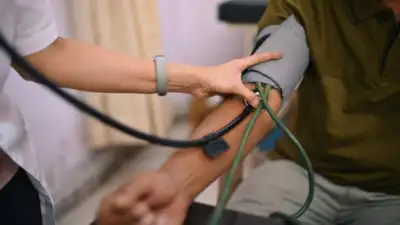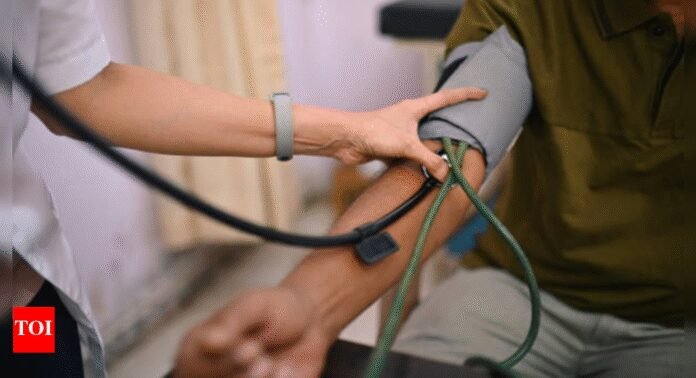Chia Seeds: A Natural Way to Manage Blood Pressure
If you’re dealing with high blood pressure, you’ve probably heard the usual advice: cut down on salt, eat more veggies, and reduce caffeine. But did you know that a tiny seed could help manage your blood pressure without drastically changing your diet?

Introducing Chia Seeds
Yes, those little seeds you’ve seen in puddings and smoothie bowls. Don’t let their size fool you—chia seeds are packed with nutrients that can help manage high blood pressure naturally.

Why Chia Seeds?
Chia seeds are tiny but mighty. Just one tablespoon (about 12 grams) contains:
- Omega-3 fatty acids (ALA)
- Potassium
- Magnesium
- Calcium
- Antioxidants
- Fiber
These nutrients work together to support your heart and help lower blood pressure.
Omega-3 Fatty Acids
Omega-3s help keep your blood vessels healthy. They reduce inflammation and keep your blood flowing smoothly. Chia seeds are a great plant-based source of ALA, a type of omega-3 fatty acid.
Research shows that ALA can help lower the risk of heart problems and improve blood pressure readings.
Fiber
High blood pressure can be linked to blood sugar spikes. Chia seeds are loaded with soluble fiber, which slows down digestion and helps keep your blood sugar stable. This, in turn, helps maintain steady blood pressure.
Magnesium and Potassium
Chia seeds are also rich in magnesium and potassium. Magnesium helps relax your blood vessels, while potassium helps your body flush out excess sodium. Both are crucial for managing blood pressure.
Do Chia Seeds Really Work?
Yes, if used correctly. While no food is a magic cure, chia seeds have scientific backing. Studies have shown that regular consumption of chia seeds can help lower blood pressure and reduce inflammation.
How to Incorporate Chia Seeds into Your Diet
Adding chia seeds to your diet is easy. Here are some simple ways to enjoy them:
- Add a tablespoon to your morning oats or smoothies
- Stir into yogurt or buttermilk
- Make chia pudding with almond milk, cinnamon, and honey
- Sprinkle onto soups or salads
Remember to soak chia seeds if you’re eating more than a teaspoon or two. They swell into a gel when soaked, which aids digestion and keeps you hydrated.
Any Downsides?
Chia seeds are generally safe, but keep these tips in mind:
- Start slow—chia seeds are high in fiber, and eating too much too fast can cause bloating or gas
- Drink plenty of water—chia seeds absorb a lot of liquid
- Consult your doctor if you’re on blood thinners or blood pressure medication
If you’re looking for a natural way to support your blood pressure, chia seeds are a great option. They’re affordable, easy to use, and packed with nutrients. Just a spoonful a day can make a big difference for your heart.



